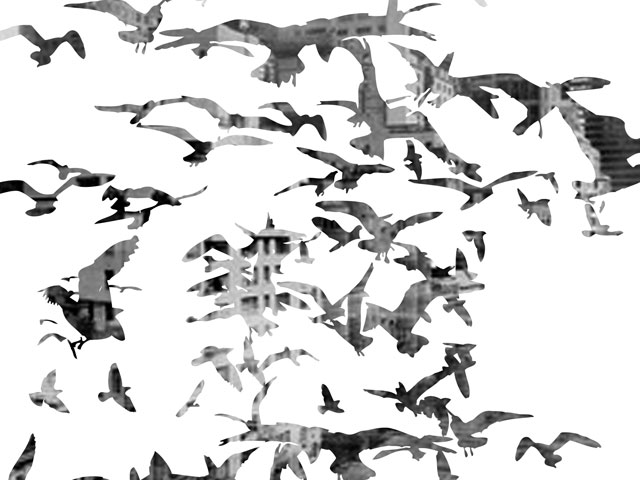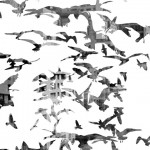Alexander Klafehn
ARCH-4980.3 | Carla Leitao, Adjunct Professor
POST-OLYMPIC URBANISM
Agent-based Modeling as a Tool for Organization
ALEXANDER KLAFEHN
The influence of parametric software as a tool for creating forms and spaces has exploded over the past decade, spawning new directions for how the design process can be managed.
This thesis looks at the use of evolutionary parametrics as a model for predicting urban shifts in post-Olympic Game site conditions; specifically the London 2012 event. London 2012 offers us several ideal conditions for the use of parametrics as a tool: a malleable site with pre-existing conditions from which to draw original inputs, a clear designation of needs and values, and a social relevancy to the present day.
Through the use of agent-based modeling, we can assemble these qualities into a process that is easily repeated and refined. The specific process used in this thesis is flocking phenomena as a tool for organization. With the combination of these properties of flocking mechanics (and thus, each individual visitor and user of the Olympic site) and the proposed uses of the site post-event, a new urban layout is produced. A unification of both bottom-up and top-down design that uses both natural mechanics and artificial design decisions.
Ultimately, the goal is not to completely change urban planning, but rather to look at new methods of organization and expansion.

